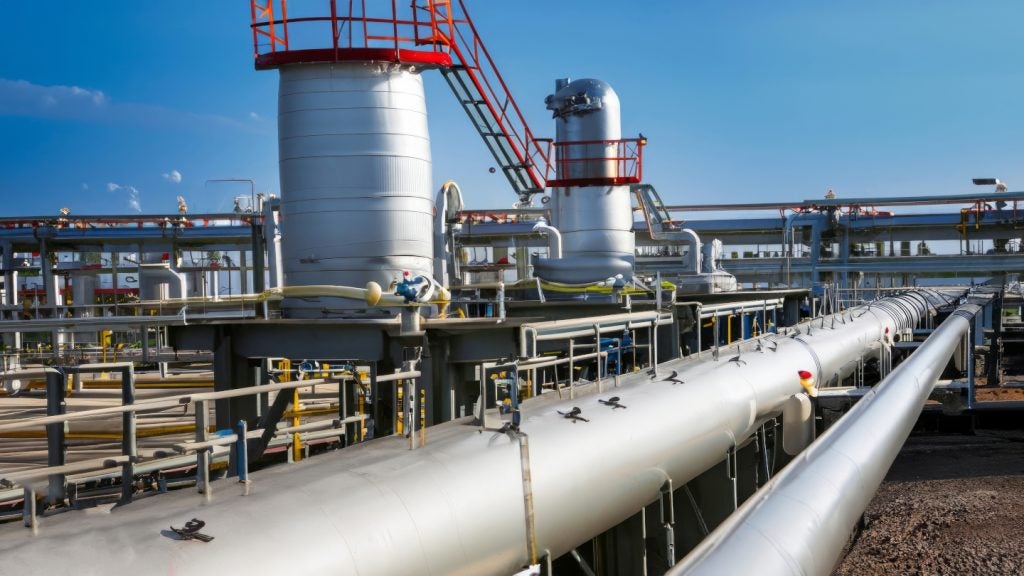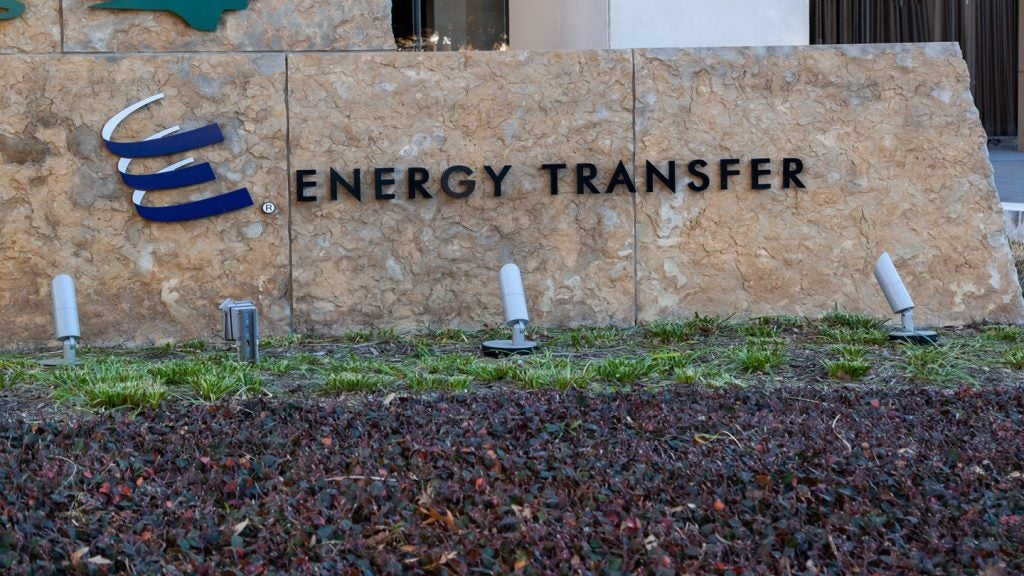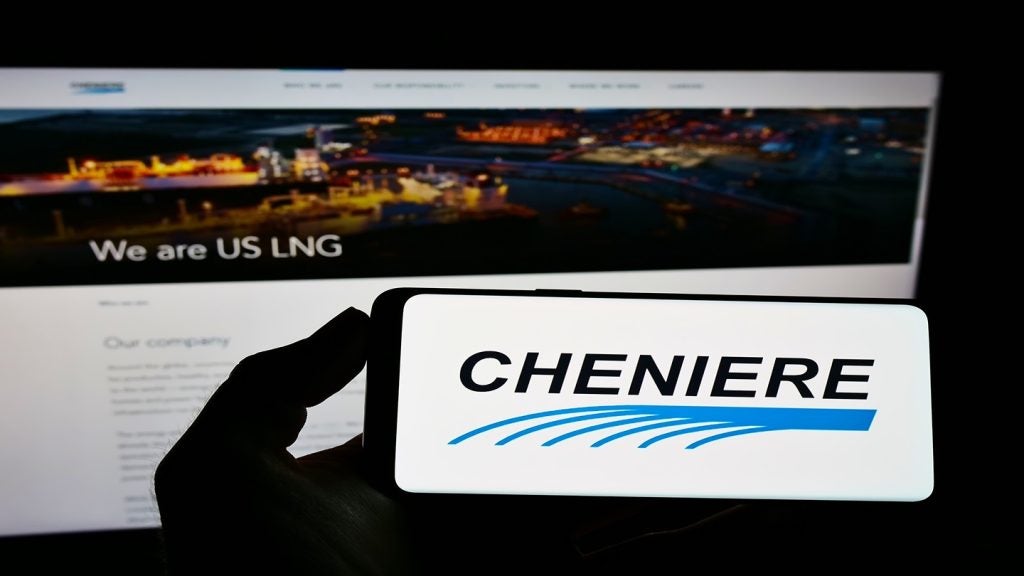The total oil & gas production South America increased by 15.38% in 2023 when compared with 2022. The largest oil producing countries are Brazil, Colombia, and Venezuela. Through 2030, South American annual oil & gas production is forecasted to increase by a CAGR of 2.52%. GlobalData uses proprietary data and analytics to provide a complete picture of the global oil & gas fields segment. Buy the latest oil & gas fields profiles here.
Here are the 10 largest upcoming crude oil fields by reserves in South America, according to GlobalData’s Upstream Fields Database.
1. Bacalhau
Bacalhau is located in South Atlantic Ocean, Brazil. This crude oil field is owned by China Petrochemical (6.00%), Equinor (40.00%), Exxon Mobil (40.00%), Galp Energia SGPS (14.00%) and operated by Equinor Brasil Energia. Production from this field is expected to begin in 2025 and is forecasted to peak in 2027, approximately at the rate of 0.21mmbpd of crude oil and condensate. Based on GlobalData estimates, production will continue until the field reaches its economic limit in 2060. Buy the profile here.
2. Uaru
Uaru is located in North Atlantic Ocean, Guyana. This crude oil field is owned by China National Offshore Oil(25.00%), Exxon Mobil (45.00%), Hess (30.00%) and operated by Esso Exploration and Production Guyana. Production from this field is expected to begin in 2026 and is forecasted to peak in 2028, approximately at the rate of 0.25mmbpd of crude oil and condensate. Based on GlobalData estimates, production will continue until the field reaches its economic limit in 2056. Buy the profile here.
3. Buzios IX (Franco)
Buzios IX (Franco) is located in Rio de Janeiro, Brazil. This crude oil field is owned and operated by Petroleo Brasileiro. Production from this field is expected to begin in 2026 and is forecasted to peak in 2028, approximately at the rate of 0.22mmbpd of crude oil and condensate. Based on GlobalData estimates, production will continue until the field reaches its economic limit in 2056. Buy the profile here.
4. Buzios XI (Franco)
Buzios XI (Franco) is located in Rio de Janeiro, Brazil. Production from this field is expected to begin in 2027 and is forecasted to peak in 2029, approximately at the rate of 0.22mmbpd of crude oil and condensate. Based on GlobalData estimates, production will continue until the field reaches its economic limit in 2057. Buy the profile here.
5. Buzios XII (Franco)
Buzios XII (Franco) is located in Rio de Janeiro, Brazil. This crude oil field is owned by China National Offshore Oil (7.34%), China National Petroleum (3.67%), Petroleo Brasileiro (88.99%) and operated by Petroleo Brasileiro. Production from this field is expected to begin in 2029 and is forecasted to peak in 2031, approximately at the rate of 0.22mmbpd of crude oil and condensate. Based on GlobalData estimates, production will continue until the field reaches its economic limit in 2059. Buy the profile here.
6. Buzios X (Franco)
Buzios X (Franco) is located in Rio de Janeiro, Brazil. This crude oil field is owned and operated by Petroleo Brasileiro. Production from this field is expected to begin in 2027 and is forecasted to peak in 2029, approximately at the rate of 0.22mmbpd of crude oil and condensate. Based on GlobalData estimates, production will continue until the field reaches its economic limit in 2057. Buy the profile here.
7. Buzios VII (Franco)
Buzios VII (Franco) is located in Rio de Janeiro, Brazil. This crude oil field is owned and operated by Petroleo Brasileiro. Production from this field is expected to begin in 2025 and is forecasted to peak in 2027, approximately at the rate of 0.22mmbpd of crude oil and condensate. Based on GlobalData estimates, production will continue until the field reaches its economic limit in 2055. Buy the profile here.
8. Yellowtail
Yellowtail is located in North Atlantic Ocean, Guyana. This crude oil field is owned by China National Offshore Oil (25.00%), Exxon Mobil (45.00%), Hess (30.00%) and operated by Esso Exploration and Production Guyana. Production from this field is expected to begin in 2025 and is forecasted to peak in 2027, approximately at the rate of 0.24mmbpd of crude oil and condensate. Based on GlobalData estimates, production will continue until the field reaches its economic limit in 2055. Buy the profile here.
9. Buzios VIII (Franco)
Buzios VIII (Franco) is located in Rio de Janeiro, Brazil. This crude oil field is owned and operated by Petroleo Brasileiro. Production from this field is expected to begin in 2026 and is forecasted to peak in 2028, approximately at the rate of 0.17mmbpd of crude oil and condensate. Based on GlobalData estimates, production will continue until the field reaches its economic limit in 2055. Buy the profile here.
10. Buzios VI (Franco)
Buzios VI (Franco) is located in Rio de Janeiro, Brazil. This crude oil field is owned by Petroleo Brasileiro SA (100.00%) and operated by Petroleo Brasileiro SA. Production from this field is expected to begin in 2025 and is forecasted to peak in 2027, approximately at the rate of 0.17mmbpd of crude oil and condensate. Based on GlobalData estimates, production will continue until the field reaches its economic limit in 2054. Buy the profile here.
For more details on the oil & gas fields, buy the profiles here.
Data Insights
From

The gold standard of business intelligence.
Blending expert knowledge with cutting-edge technology, GlobalData’s unrivalled proprietary data will enable you to decode what’s happening in your market. You can make better informed decisions and gain a future-proof advantage over your competitors.







